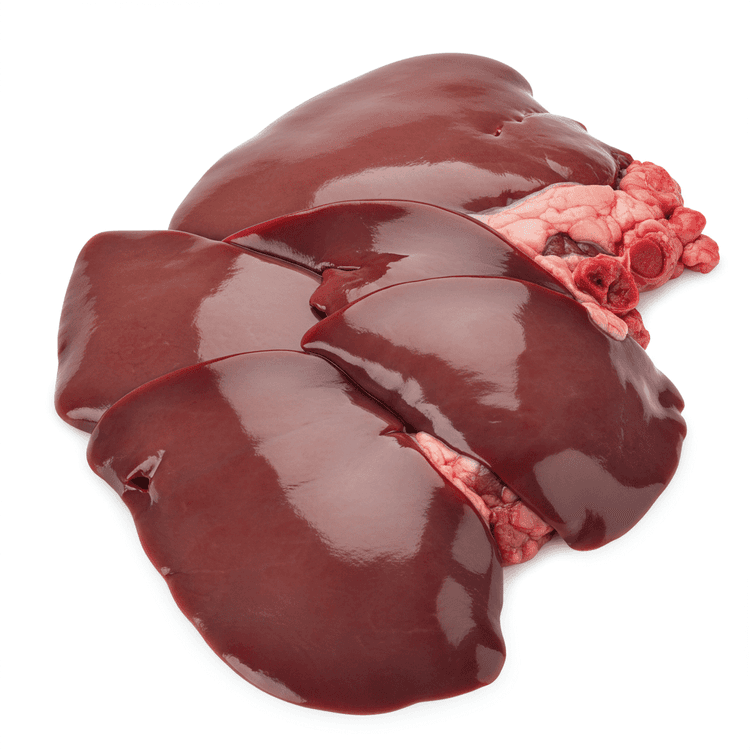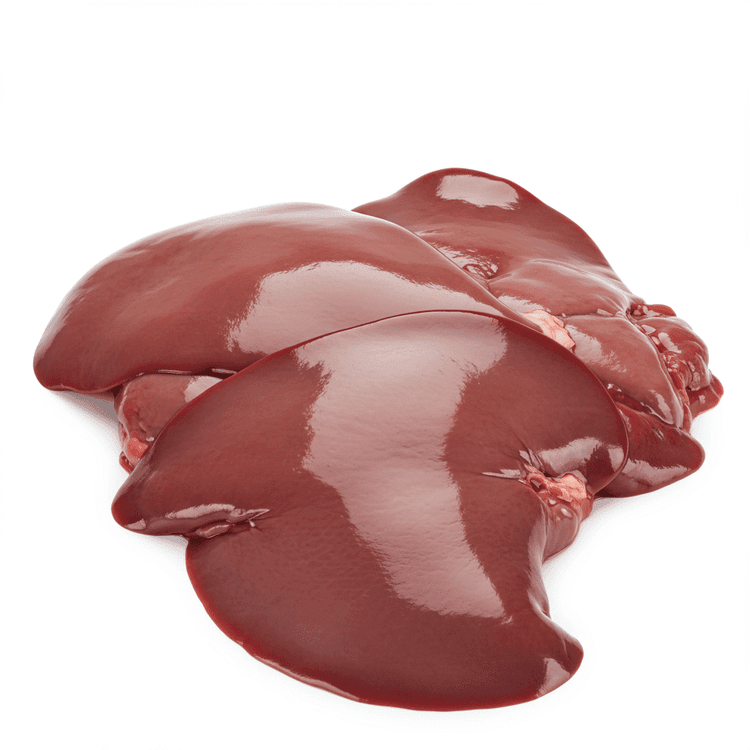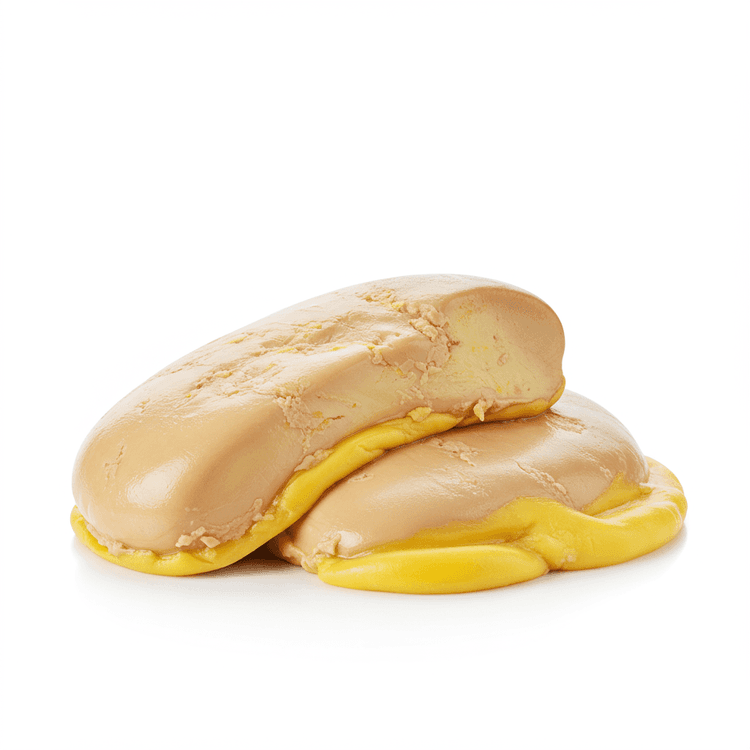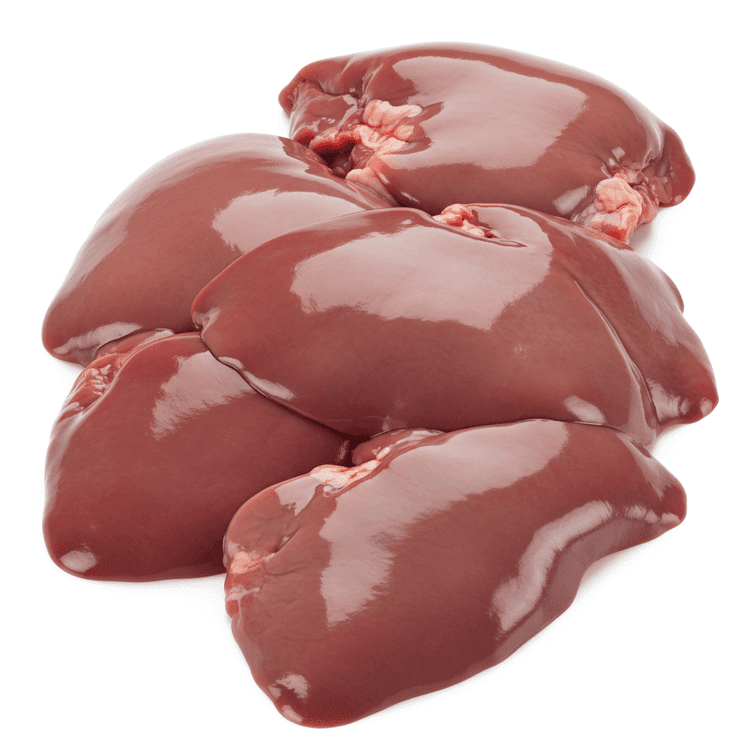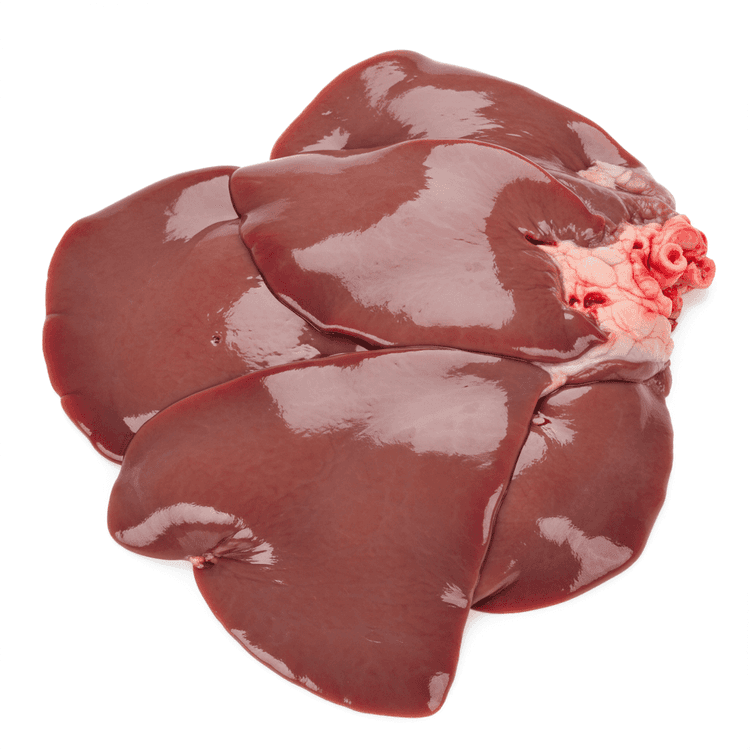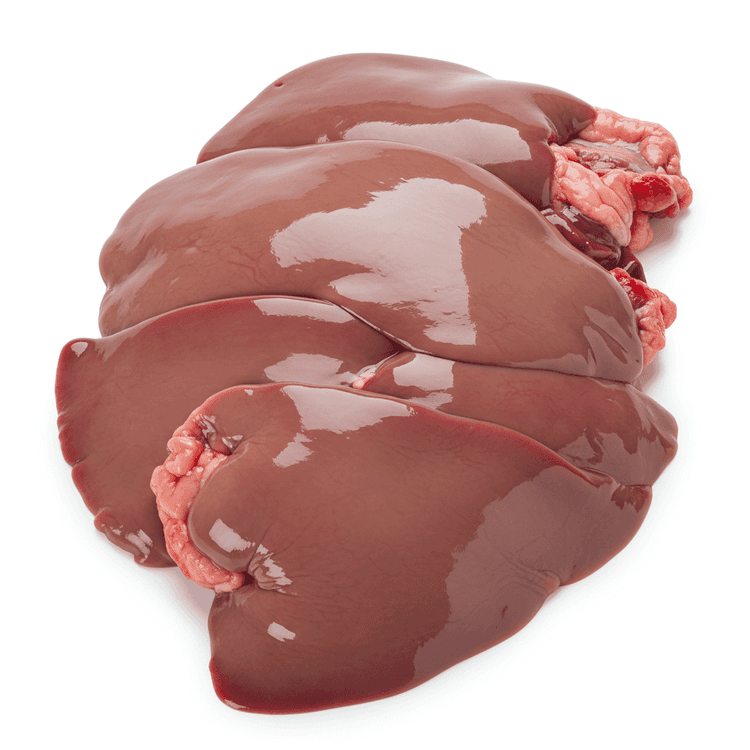
Duck Liver
Duck liver is a rich, buttery, and flavorful ingredient prized in gourmet cooking for its velvety texture and luxurious taste. Typically smaller and more delicate than other types of liver, duck liver has a smooth appearance and a deep, earthy flavor profile that pairs beautifully with sweet, acidic, or savory accompaniments. Often used in French cuisine, it is a key component in dishes like pâtés and mousses, offering a decadent touch to any recipe. Its high fat content and tender texture make it ideal for creating creamy spreads or searing to perfection for a melt-in-your-mouth experience.
Common Uses
- Used to make duck liver pâté, a creamy and rich spread often served with bread, crackers, or fruit preserves.
- Sautéed or pan-seared duck liver is a delicacy, often paired with a sweet sauce like balsamic reduction or fruit compote.
- Incorporated into terrines or mousses for elegant appetizers and hors d'oeuvres.
- Used in French cuisine to create foie gras, a luxurious dish that highlights the liver's buttery texture and flavor.
- Added to stuffing or fillings for poultry dishes to enhance richness and depth of flavor.
- Blended into sauces or gravies to add a silky texture and umami-rich taste to savory dishes.
Nutrition (per serving)
Nutrition (per serving)
Calories
133.0kcal (6.65%)
Protein
18.6g (37.2%)
Carbs
1.0g (0.36%)
Sugars
0.0g
Healthy Fat
3.1g
Unhealthy Fat
1.8g
% Daily Value based on a 2000 calorie diet
Nutrition (per serving)
Calories
133.0kcal (6.65%)
Protein
18.6g (37.2%)
Carbs
1.0g (0.36%)
Sugars
0.0g
Healthy Fat
3.1g
Unhealthy Fat
1.8g
% Daily Value based on a 2000 calorie diet
Health Benefits
- Duck liver is rich in essential vitamins like vitamin A, which supports vision and immune health.
- It is a good source of iron, helping to maintain energy levels and support red blood cell production.
- Contains healthy fats that contribute to a creamy texture and rich flavor in dishes.
- Often used in gourmet cooking, it adds a luxurious and savory element to pâtés, terrines, and sauces.
- High in protein, making it a nutrient-dense ingredient for balanced meals.
- Popular in low-carb and keto diets due to its nutrient density and low carbohydrate content.
Chefadora AI is here.
Experience smarter, stress-free cooking.
Storage Tips
Duck liver should be stored in the refrigerator at a temperature of 32°F to 40°F (0°C to 4°C) and used within 1-2 days of purchase for optimal freshness. If you need to store it longer, wrap it tightly in plastic wrap or vacuum-seal it and freeze it for up to 3 months. Thaw frozen duck liver in the refrigerator overnight before use. Avoid leaving it at room temperature for extended periods to prevent spoilage.

